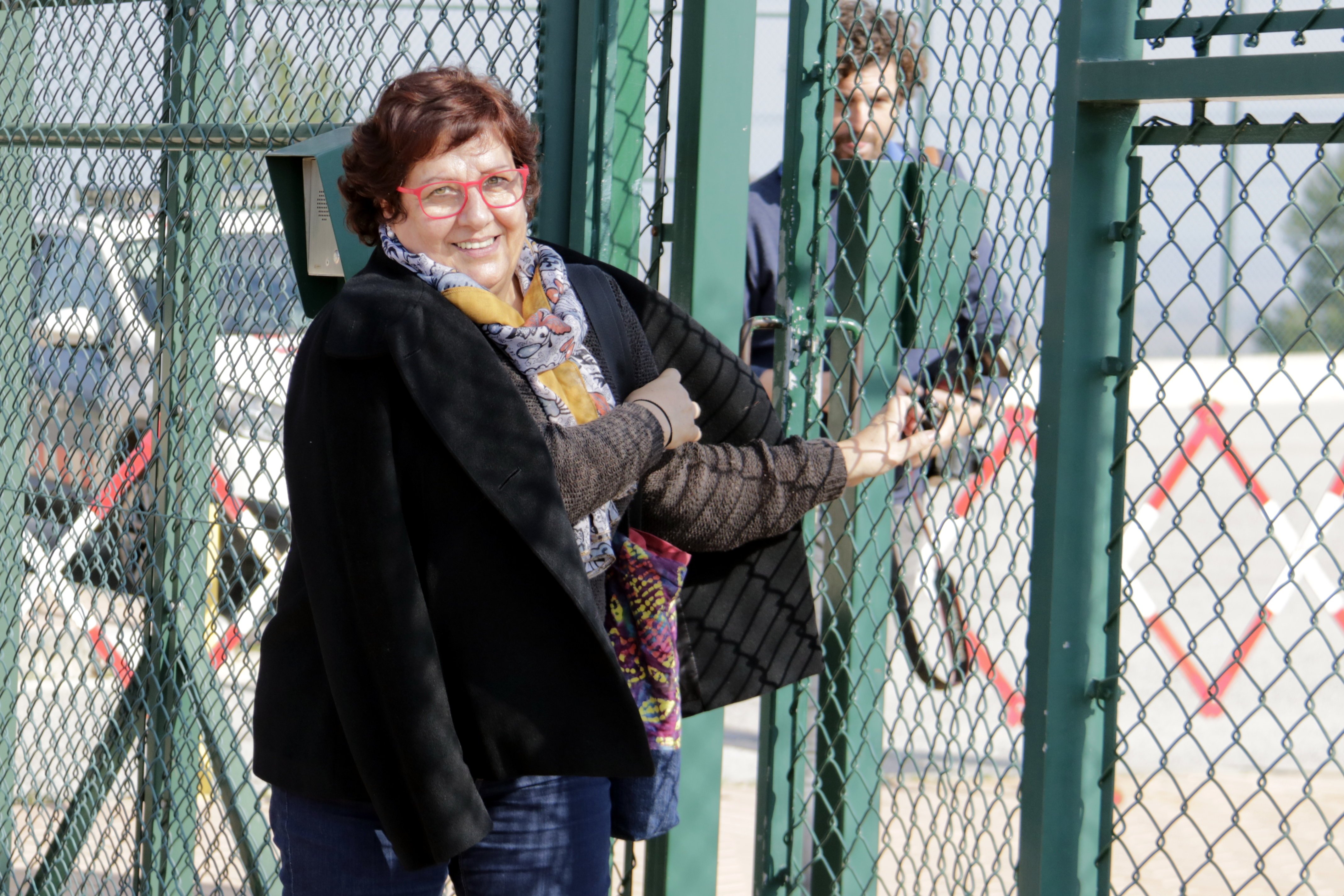Once again, Spanish public prosecutors have opposed the granting of leave to one of Catalonia's pro-independence prisoners in order for the person to work or care for a relative outside the jail. This time, the prosecutors have presented a document to the prison surveillance court taking issue with the regular leave granted to former Catalan labour minister Dolors Bassa to take care of her elderly mother. The text argues that Bassa has enough financial resources to employ someone to take care of her mother, whereas, it notes, most of the prison population does not.
At the same time, the prosecutors reiterate their previously-voiced criticism of the Catalan government's prison administration, which it has accused of trying to void the effect of the Supreme Court's sentences for the pro-independence leaders.
Dolors Bassa took her first regular leave from the Puig de les Basses prison under the provisions of article 100.2 of the prison regulations on 17th February. The treatment board at the jail near Figueres authorized her to leave the penitentiary three days a week, eight hours a day, to care for an elderly relative: her mother.
In their submission, the prosecutors argue: "We must not forget that the inmate has enough financial capacity to afford to pay the cost of employing a person to help her mother, which cannot be said for the vast majority of the prison population; furthermore, having elderly parents who are likely to require care and attention is not unique to this inmate, but common to a large number of inmates, and it is not for that reason that they are permitted the application of article 100.2".
The text submitted to the judge also claims that caring for her mother has no relationship to the crimes committed and, therefore, "cannot be considered part of the prison treatment". "The family area is unrelated to the criminal offence for which the inmate is serving a sentence," say the prosecutors, emphasizing that Bassa did not commit the crimes "because of unstructured family relationships", but in her capacity as minister of the Catalan government.
Leaving the sentence without effect
The Spanish attorneys criticize the treatment boards of the prisons of Lledoners, Puig dels Basses and Mas d'Enric for having granted applications under 100.2 to seven of the nine prisoners sentenced to jail in last year's Catalan independence trial, giving the view that the boards are demonstrating a "persistent will to slowly but surely leave without effect the sentence of 14th October 2019", as well as reiterating that there is a impulse to grant a prison regime of partial liberty at a generalized level.
As previously when they objected to the leave granted to Jordi Cuixart and Jordi Sànchez, the prosecutors accuse the prison authorities of attempting to remove the Supreme Court sentences of all content and to covertly grant the prisoners, instead of the standard second-level regime officially decided for them, a regime with a level of "two and a half".

